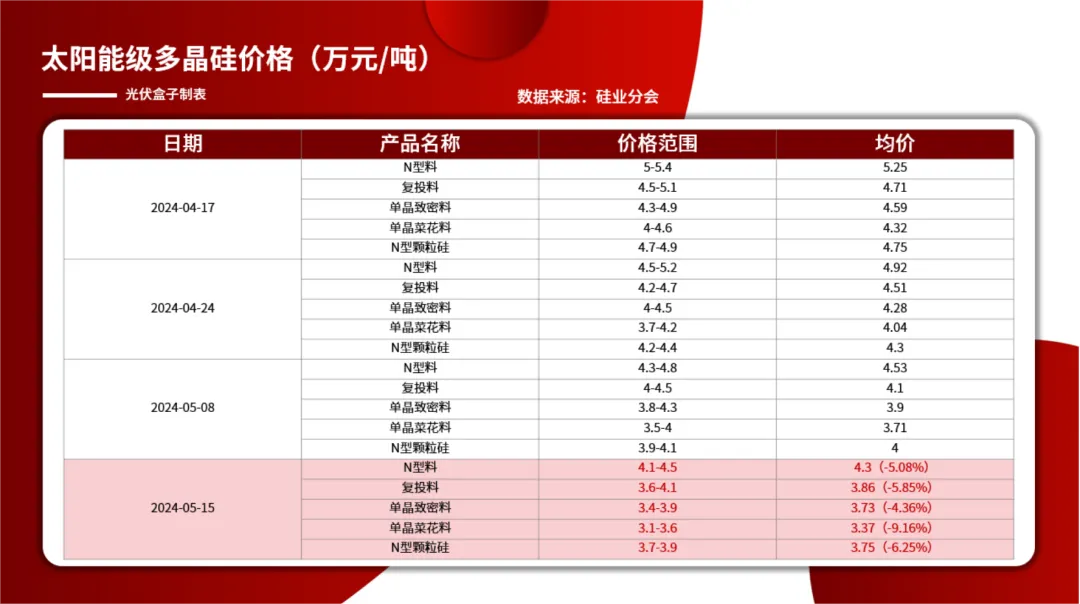Exploring the Efficiency of Solar Panels During Cold Winter Months and Their Energy Production
Solar Panel Performance in Winter
As winter approaches, many people begin to wonder about the efficiency of solar panels during the cold months. The common perception is that solar energy production plummets as the days become shorter and temperatures drop. However, the performance of solar panels in winter can be surprisingly effective, depending on several environmental factors.
Firstly, it's essential to understand that solar panels work by converting sunlight into electricity. While it is true that winter days are shorter, the angle of the sun’s rays can actually enhance solar panel performance in cold weather. During winter, the sun is lower in the sky, which can increase the intensity of sunlight that reaches solar panels, especially in regions that experience clear, sunny days. In fact, solar energy production can be boosted in winter months when panels are placed at optimal angles to capture this low-angled sunlight.
Moreover, the cold temperatures can enhance the efficiency of solar panels. Solar photovoltaic (PV) cells operate more efficiently at lower temperatures. In hot weather, the performance of solar panels can decrease as their temperature rises; conversely, in winter, the cooler temperatures allow them to function at their maximum efficiency. Therefore, a common myth that solar panels do not work well in winter simply does not hold true. In fact, studies have shown that solar panels can produce significant amounts of energy on clear, crisp winter days.
solar panel performance in winter

Another critical factor to consider is snow. While heavy snowfall can temporarily cover solar panels and hinder energy production, this is usually a short-term issue. Many solar panels are designed with a smooth surface that allows snow to slide off easily. Additionally, the sunlight reflecting off the snow can actually increase energy production for solar panels positioned nearby. In regions that receive light snowfall rather than heavy snow accumulation, solar energy systems may continue to operate effectively even during winter months.
Regular maintenance is vital for ensuring optimal solar panel performance in winter. Homeowners should keep their solar panels clean and free from debris like leaves, snow, and ice. This can be done either manually or by using specialized equipment. By keeping the panels clean, energy production can remain high, even in less-than-ideal conditions.
Some individuals may also consider upgrading their solar systems with energy storage solutions, such as batteries. In winter, when daylight hours are shorter, storing excess energy produced during sunny days can help power homes when solar gain is limited. This approach allows homeowners to maximize their solar power usage during winter months, overcoming some disadvantages posed by the season.
In conclusion, while winter certainly brings unique challenges to solar energy production, it does not spell disaster for solar panel performance. With their ability to harness sunlight efficiently, even in the colder months, solar panels remain a viable energy solution year-round. By understanding the factors that affect their performance and ensuring proper maintenance, homeowners can continue to benefit from their solar energy systems, regardless of the season. As technology advances, the robustness and reliability of solar panels are likely to improve further, making them an increasingly attractive option for sustainable energy consumption throughout the year.
-
String Solar Inverter: The High-Efficiency Solution for Smart Solar EnergyNewsJul.14,2025
-
Revolutionizing Rooftop Energy with the Power of the Micro Solar InverterNewsJul.14,2025
-
Power Independence with Smart Off Grid Solar Inverter SolutionsNewsJul.14,2025
-
On Grid Solar Inverter: Powering the Future with Smart Grid IntegrationNewsJul.14,2025
-
Monocrystalline Solar Panels: High-Efficiency Power for the Future of Clean EnergyNewsJul.14,2025
-
Bifacial Solar Panel: A Smarter Investment for Next-Generation Energy SystemsNewsJul.14,2025







